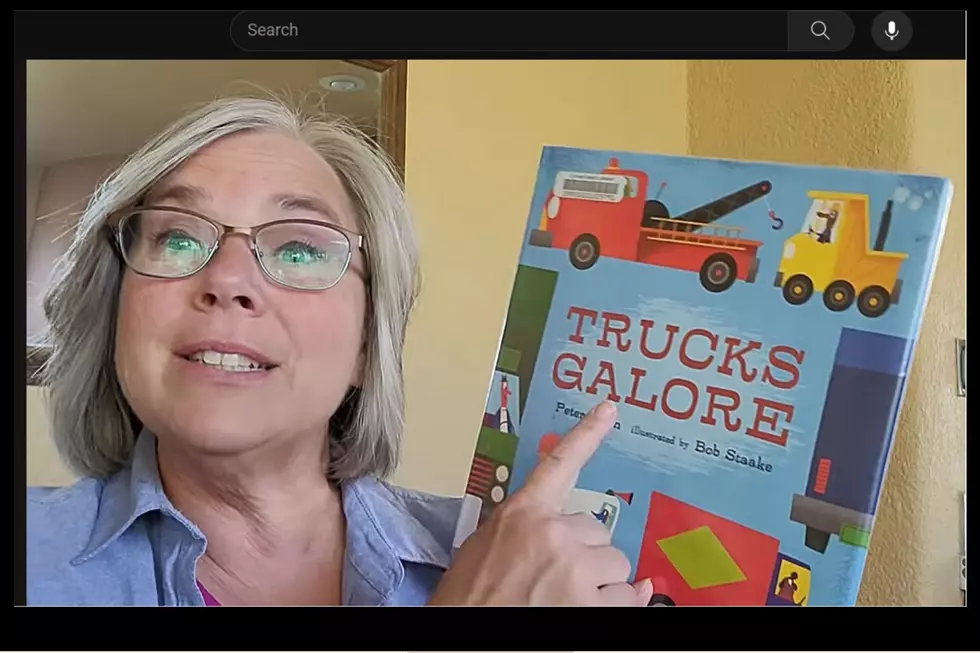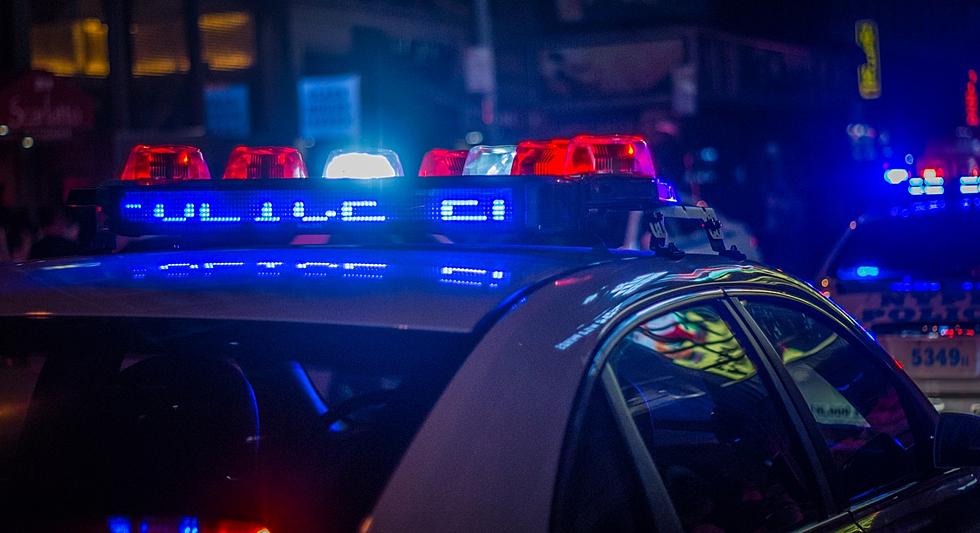
Call El Paso Sheriffs and They May Send…a Psychologist?
The great, overlooked story concerning policing in America is the number of mentally ill people who are shot after their loved ones place a call to 911. Maybe you’ve heard the old saying: “When you’ve got a hammer, every problem looks like a nail”. I was researching a few years ago, trying to get some idea of the number of police shooting incidences by race of the victim. What I found was a completely unexpected problem that isn’t talked about as much as racial disparities. It’s the shocking regularity in which people who are having a mental health crisis are killed by police…often after the call was put in by their own family or loved ones. One recent study found that people suffering from mental illness are SIXTEEN TIMES more likely to be killed by law enforcement.
Another study shows that half…HALF…of all people killed by police have some kind of disability, whether mental or otherwise.
It’s not an issue of officers being biased against the disabled. As law enforcement analyst Jim Cavanaugh puts it, “Every crisis in our society always gets dumped in front of an officer”.

The El Paso Sheriff’s Office has been responding to mental crisis calls in a new way: sending out a mental health worker to help deal with people suffering from mental illness. Sheriff Richard Wiles, in an interview with the El Paso Times says:
“I’ve seen….tragedies that have occurred where a relative calls for help…and the police respond in a law enforcement mode and it turns into a tragedy”.
The El Paso Sheriff’s Crisis Intervention Unit has been operational since April 12 of this year. In just two and a half weeks they’ve responded to more than 37 cases.
Many times, the person in crisis IS making threats…either against other people, against police…but, more commonly, against themselves. A mentally unwell person threatening suicide MAY end up being shot by cops because…well, they’re making threats AND they’re behaving erratically. EP Sheriff’s Sgt. Salvador Vergara said it was an eye-opener “to realize how many calls were probably not properly screened by us because we only take care of the law enforcement side of it”.
Vergara, as the Crisis Intervention Unit supervisor, is working to handle these kinds of cases with not only more expertise, but with more compassion for the person in crisis. “Having a specialist with us (has)…helped us assess the situation better and helped us in de-escalating situations that without the proper training and additional resources we would not be able to do”.
The program has been funded for just six months with a cost of $600,000. Out of the nearly 40 cases where the Intervention Unit has been called out, 26 of the cases were confirmed to be mental health issues. In 19 cases, the people voluntarily checked into a mental health facility.
To me, this sounds like policing in a way that is safer for everyone involved, including the officers. I think it should be continue to be funded.
All 10 Of El Paso's Nicknames
More From KLAQ El Paso









